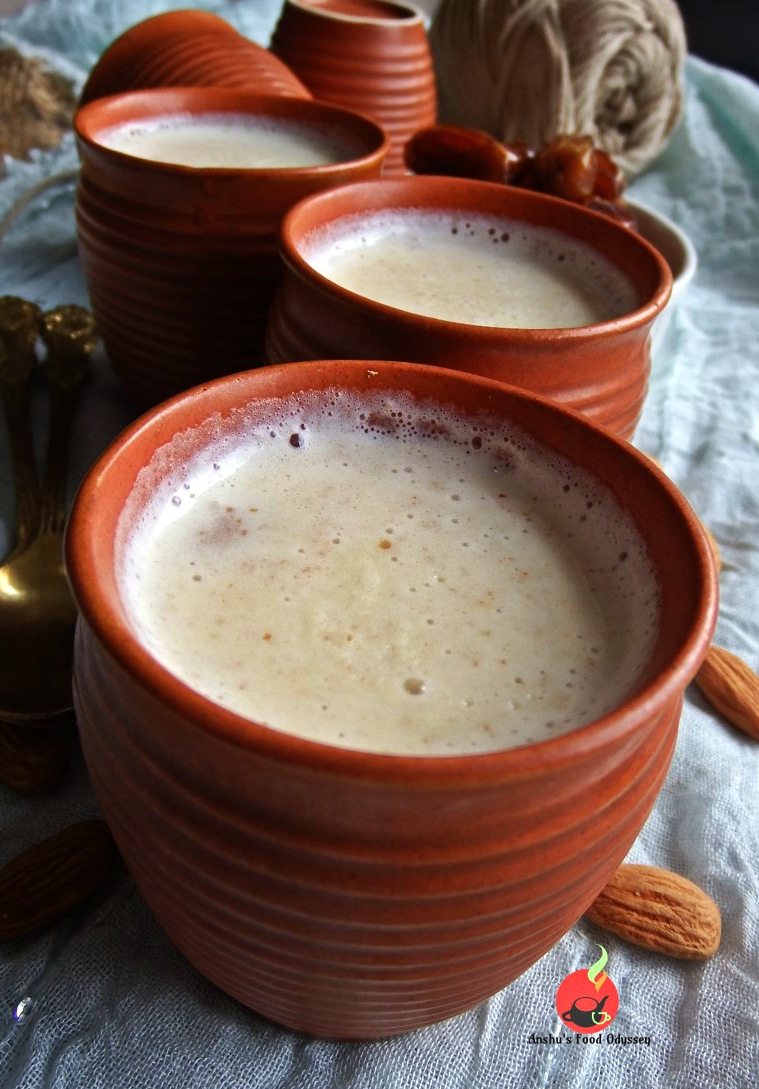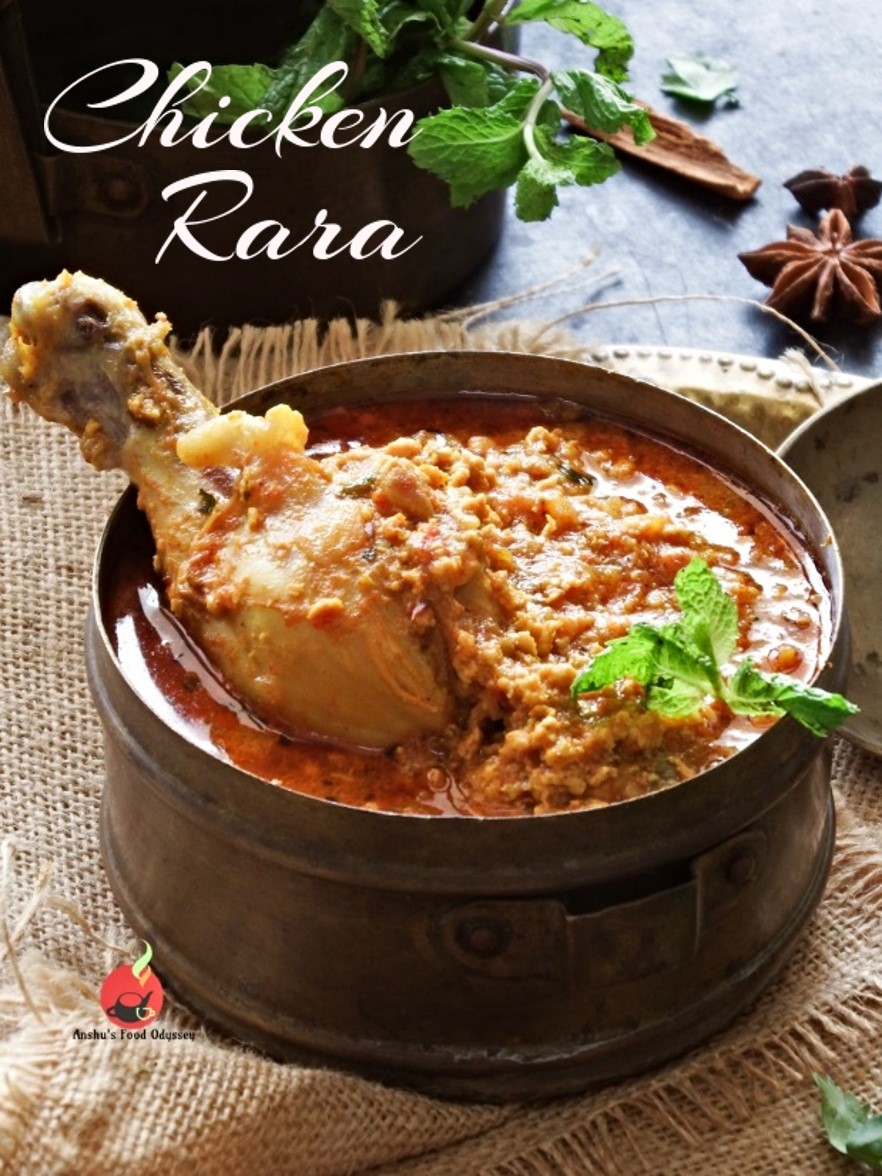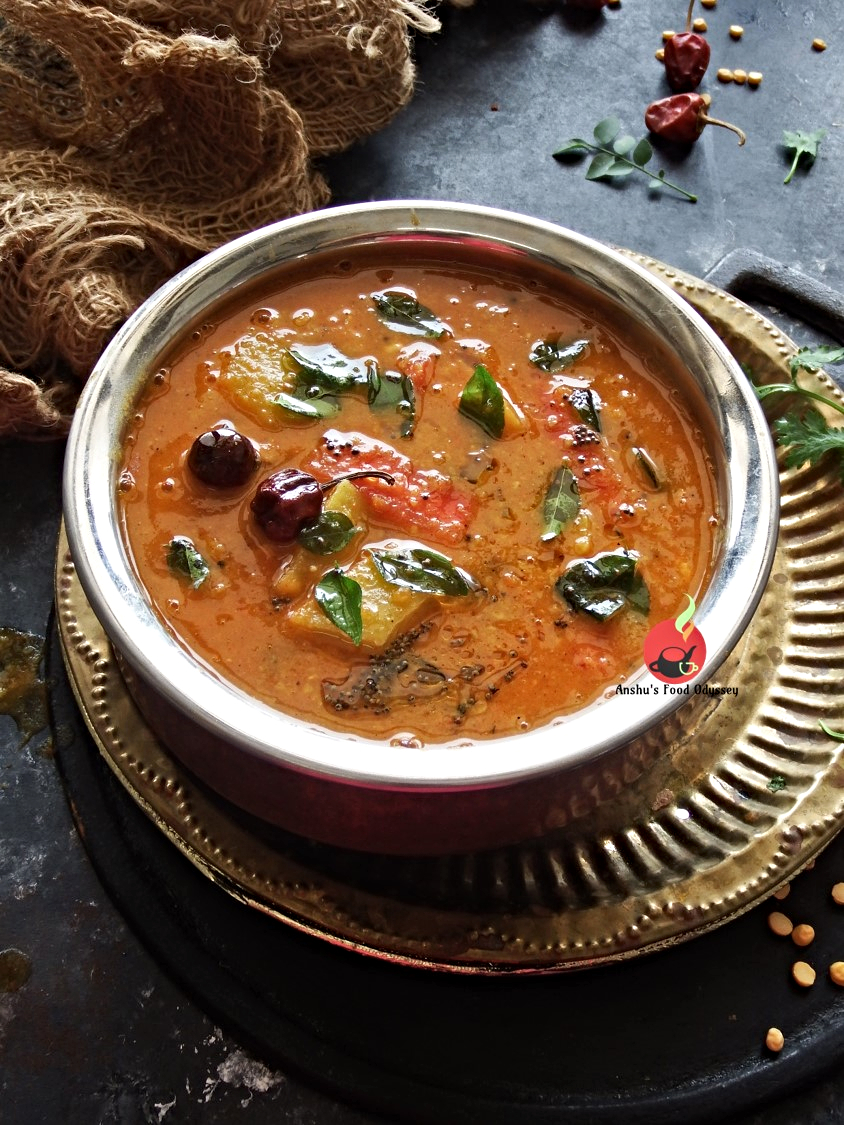Sookhey Kale Chaney | Dry Indian Spiced Black Bengal Gram - Guest Post for Paarul'z Kitchen
First of all I would like to thank Paarul for having invited me to her lovely space to share one of the recipes that I am passionate about; sookhey kale chane is one such delicacy that is close to my heart and comes from my Mum’s kitchen treasures. Hope you like it.
Kale Chane or the dried black Bengal gram make for a rich source of protein, dietary fibre and folic acid, some essential nutrients that need to be part of your kids’ dietary routine. Having a low glycaemic index, they are also perfect for those suffering with diabetes as they help control and maintain the blood sugar level. Plus, for the ones who are looking to shed those few extra kilos, try making these legumes a part of your daily diet and you surely would see the results in just a few days.
Coming to the recipes that you can make with dried black Bengal gram, I must say they are unlimited, especially in India because every region has its own way and style of cooking them. The recipe that I am going to share today, “Sookhey Kale Chane”, originally comes from the land of Punjab but, has now got popular across parts of North India.
Usually at our home, this chana recipe is cooked on Durga Ashtami which happens to be the 8th day of the holy festival of Navratris. On this day, sookhey kale chane along with sooji halwa (semolina pudding) and crisp pooris are prepared as an offering to Goddess Durga. The ceremony or pooja involves worshipping the little girls below the age of 9. Once the ceremony (also called “Kanya Pujan” or “Kanjak”) is completed, the prasad comprising of chane, poori and halwa is relished by all the family members. I still have some fond memories of my childhood days when me and my sister would eagerly await for this yummilicious treat every Kanjak. As soon as the pooja got over, we would just barge into the kitchen to have our plates ready. Trust me, the Prasad on the auspicious day of Ashtami would just taste heavenly and it tastes so even till date.
Since it’s a traditional recipe associated with Kanya Pujan, it is sans off any garlic and onion, smeared only with few basic spices. The use of minimalistic spices not only help chana retain their own flavour and juices, but also lends this recipe a rustic appeal and makes them all the more delectable. One more thing, the best and ideal way to cook these chana is in a cast iron wok (also called kali kadhai). Trust me, the flavour, taste and colour that you get cooking in cast iron wok is simply inexplicable. So, if you can lay your hands on a kali kadhai, do make use of the same.
Now for the recipe, let's move on to Paarul's Space for complete details and step by step instructions on how to make these delicious kale chaney.
Read the full recipe at www.paarulzkitchen.com
Shop for related products...
Read the full recipe at www.paarulzkitchen.com
While this is a no onion – no garlic recipe, in case you are making it on days other than Navratris, you are free to add onions and garlic. Just before adding tomato puree, saute ground onion and garlic paste until it is nicely browned. Continue with the above steps thereafter. Also, you can add some more chana stock in case you don’t want the chana to be completely dry.
On the non-fasting days, I also love to have these cooked dry chana topped up with some finely chopped onions, fresh coriander, chaat masala and a generous splash of lemon juice. It goes really well with rice, do try it out and you are certainly gonna love it.












Comments
Post a Comment
Thanks for stopping by. Your comments, suggestions and feedback are always welcome.
Regards